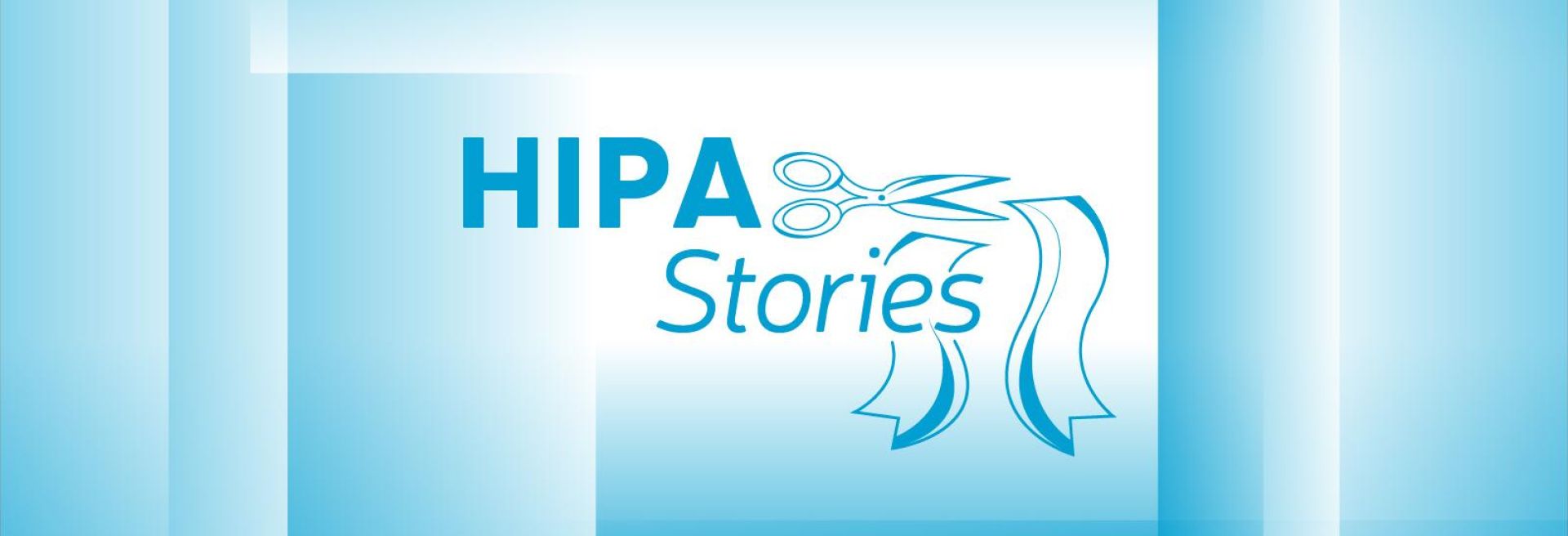
Staying Ahead of Tomorrow − MONO's Investor Journey in Hungary
2023. 11. 15.
"Hungary is the best country in the world,” says François Bandura, owner and CEO of MONO- Ipolyfabric. It certainly wasn’t the only reason for setting up HQ in Ipolytölgyes, a tiny village in the Danube Bend, back in 1989, but it did matter. Yet, most of all thanks to continuous innovation and investments is his company by now a world-class designer and manufacturer of premium automotive interior decor elements with top-of-the- line clientele. Let’s delve into yet another inspiring investor journey from the HIPA project catalogue.
Dashboard made of stone. Yes, real stone. Or of white ceramics like majestic jewelry. No matter how extravagant they seem, these are just two standard features that MONO-Ipolyfabric offers to its buyers. Other materials include natural and engineered wood, carbon, aluminum, mesh, flax and the combination of the above. Bottom line: anything produced fulfills the criteria of luxury. The bar couldn’t be set higher as premium legacy brands such as Aston Martin, Audi, Porsche, Lamborghini, Jaguar Land Rover and many more are on the customer list.
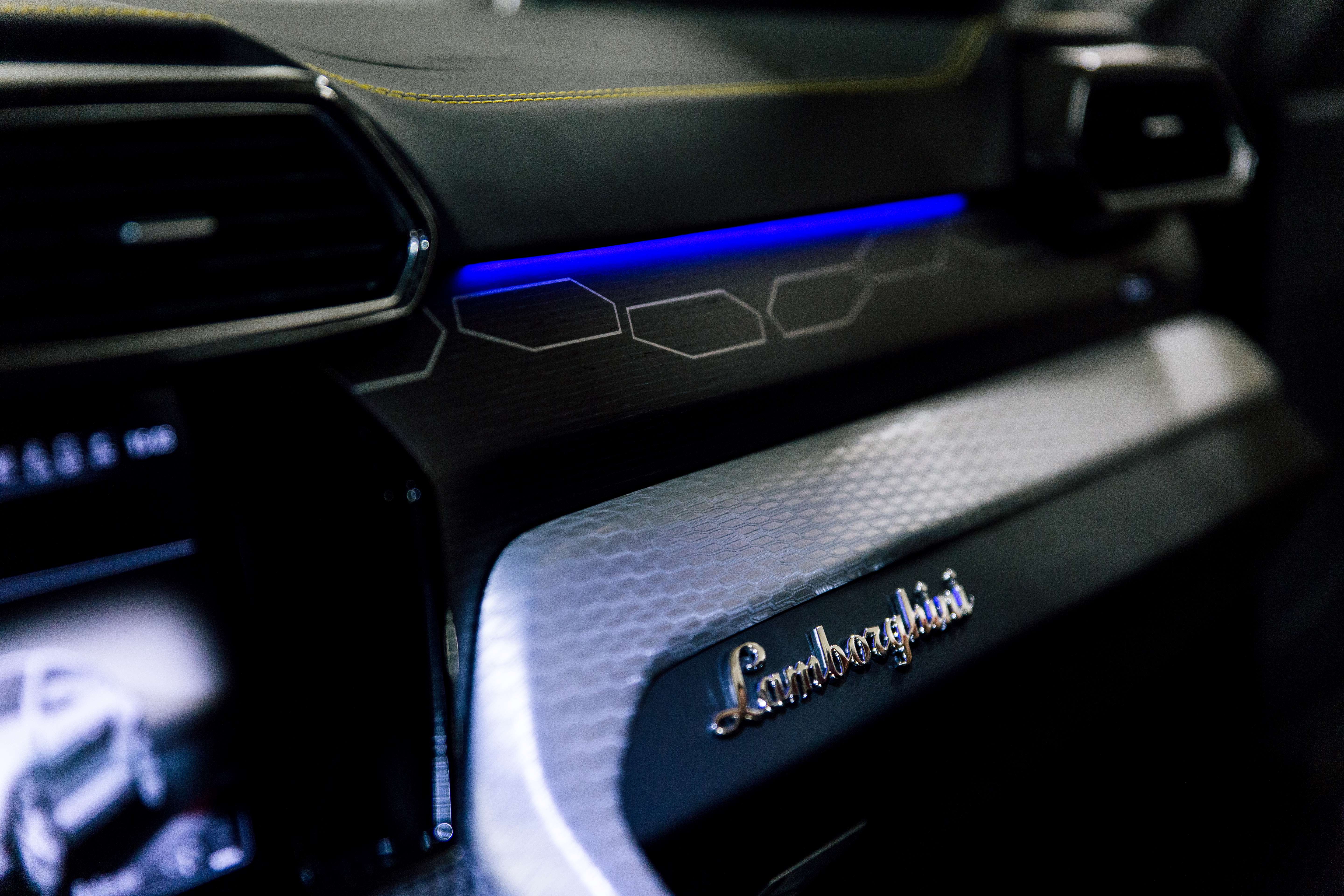
A large set of spectacular samples are hanging on the wall of the stylish meeting room where we meet with the MONO team. The variety is truly stunning. This is what is called quality ensured by state-of-the-art technology as well as highly skilled staff. In fact, both are essential to meet the rigorous needs of the ultra-high-end clientele.
The vibrant production halls are heavily automated, with robots busy performing all kinds of duties from painting to bending to shaping. The idea is to automate as much as possible, and introduce new technologies all the time. “That’s why we installed selective brushing and anodization on aluminum, for instance,” Francois Bandura says. Anodization is one of the most durable metallic surface finishes available, whereas selective brushing on aluminum not only provides an exclusive visual experience, but also a touching 3D sensory feel.
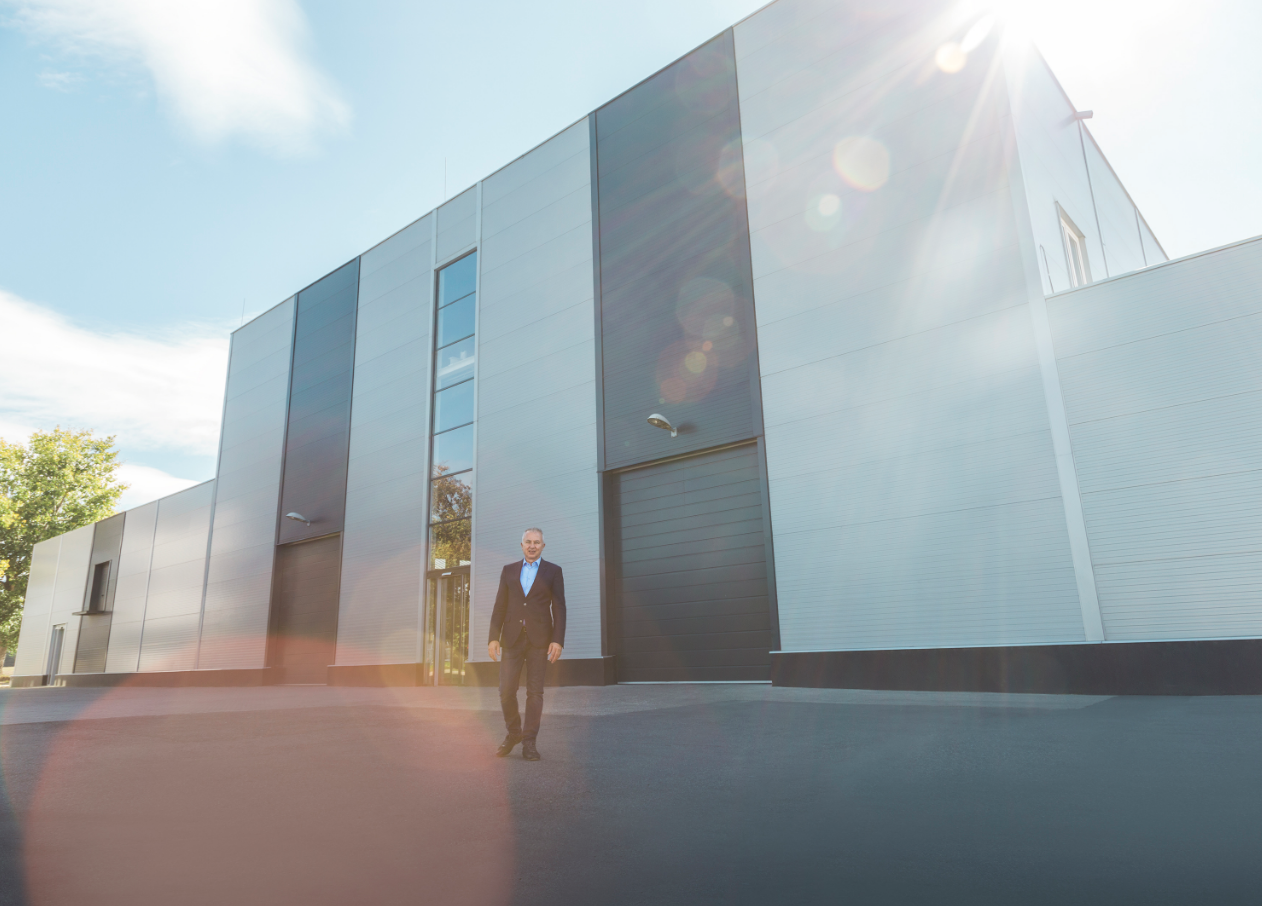
But operators are needed in large numbers as well who supervise machines, control quality, manage inventory and carry out the delicate manual tasks that robots are not yet capable of. At the time of our visit, there is a shift change, and a swarm of cars turns the parking lot into a hive for a few minutes. Headcount feels big. And it is, indeed. “We hired 250 people last year alone."
The CEO praises “le courage” of operators, meaning how hard-working they are. “Education and experience both count here,” he adds, and hails the specialist knowledge of his workforce.
The significance of the Hungarian operation can’t be overstated. MONO is present worldwide, but the bulk of manufacturing takes place here and in China. By now the Ipolytölgyes site accounts for producing interior décor elements for 500,000 cars a year. Moreover, MONO has an exclusive agreement to develop and manufacture decorative trims for the fifth generation Range Rover and Range Rover SV models. Now a showroom is under construction that will allow partners to experience first-hand what it looks and feels like when a car like that is fitted with those high-end décor interior elements.
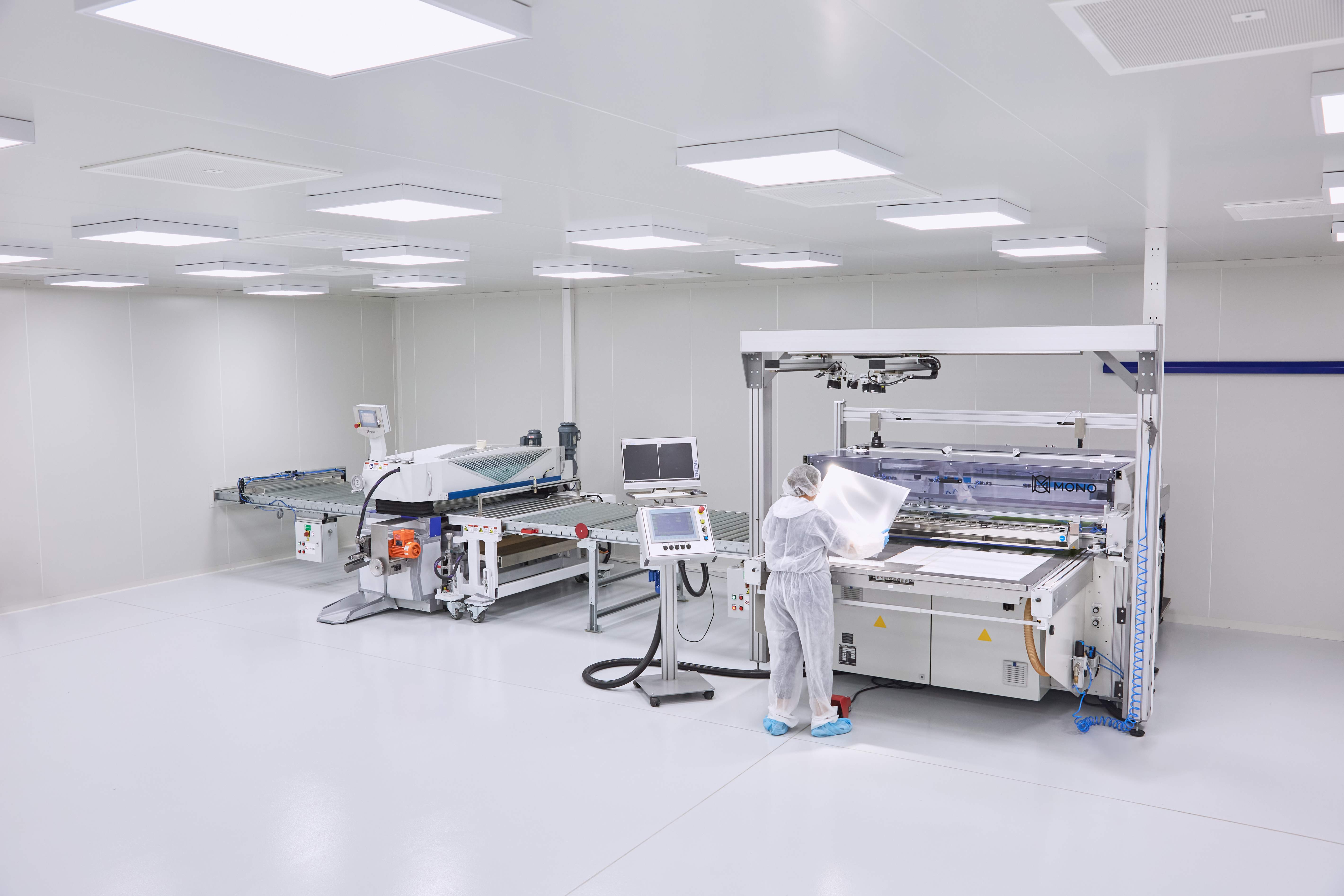
To serve growing demand, the company has been investing heavily. The latest investment announced over two years ago was in value of EUR 17.5 million to expand capacities and intensify R&D activities. Growth wasn’t interrupted by the pandemic, either. On the contrary. “Our plant was operating continuously except for the mandatory lockdown periods,” Francois Bandura notes. Indeed, the luxury car segment actually manage to sustain their sales during covid as they put chips that had become scarce commodity all of a sudden into more luxury models. Consequently, supply chain disruptions were limited. “We work with a limited number of suppliers that are normally not that far,” the CEO explains why they weren’t considering reshoring, a method widely applied by market players in the aftermath of the lockdowns to shorten supply chains and hence mitigate future risks.
But what about transition that automotive stakeholders normally get uneasy about because it implies high-paced change, the necessity of adaptation or even the threat of shutting down? Francois Bandura replied.
he explains. And to the question whether he is not worried that the young won’t care about anything but tech, the answer is simple: “We are developing to integrate technology into trim parts.“
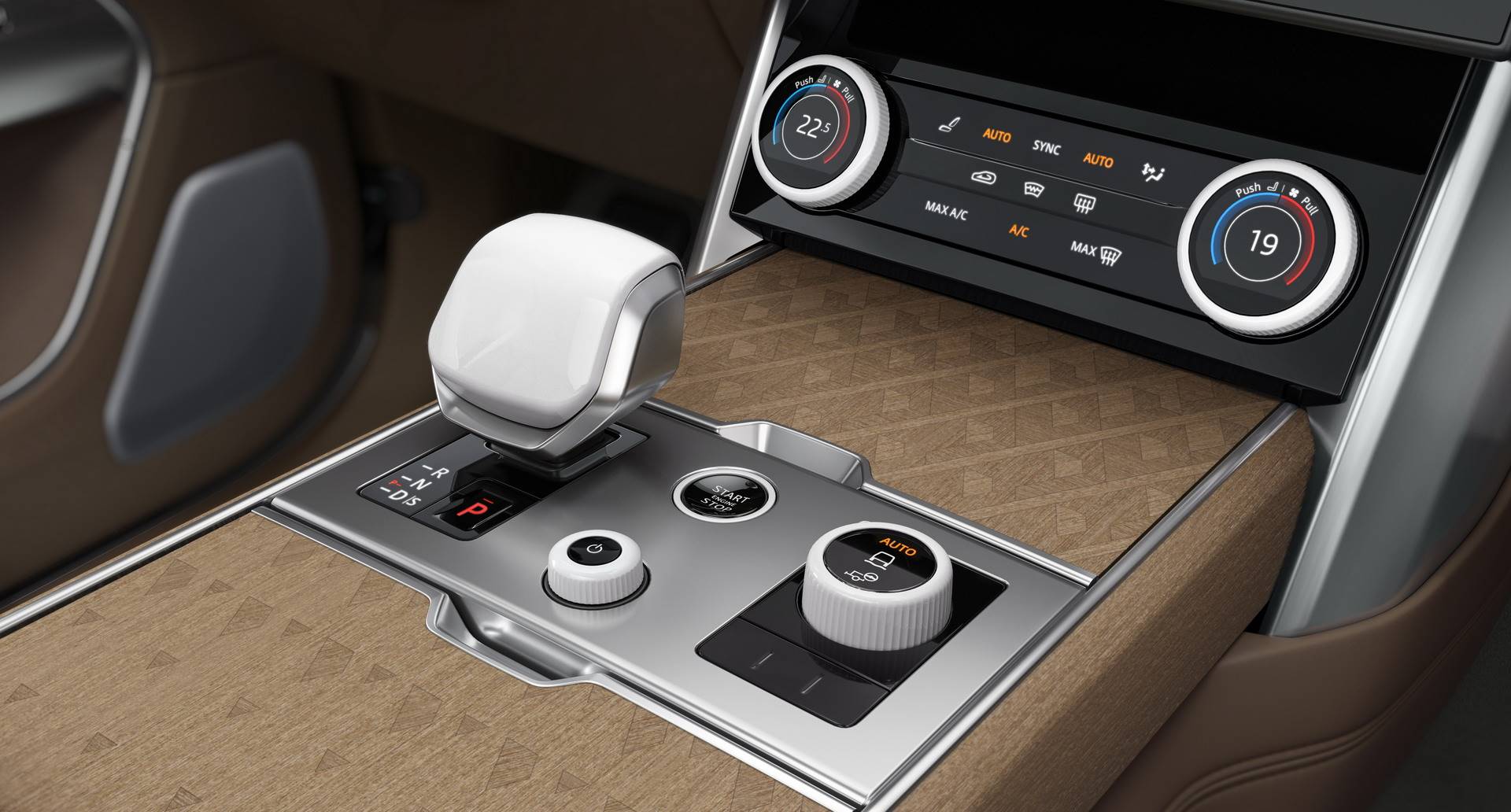
During our conversation Francois Bandura can’t stop praising Hungary as a location – not only for business but also for private purposes. He has been living here since 2002, and the year 2017 earned him the Hungarian citizenship. “Magyar vagyok (I’m Hungarian),” he says and smiles. He wouldn’t trade his life for anything: the people, the climate, the wide range of high quality services available at a reasonable price – key ingredients of quality of life.
As to the future of the company Francois Bandura is very optimistic, but he emphasizes the importance of hard work that propelled MONO to its current market position.
Everything seems to point in the direction that they do.